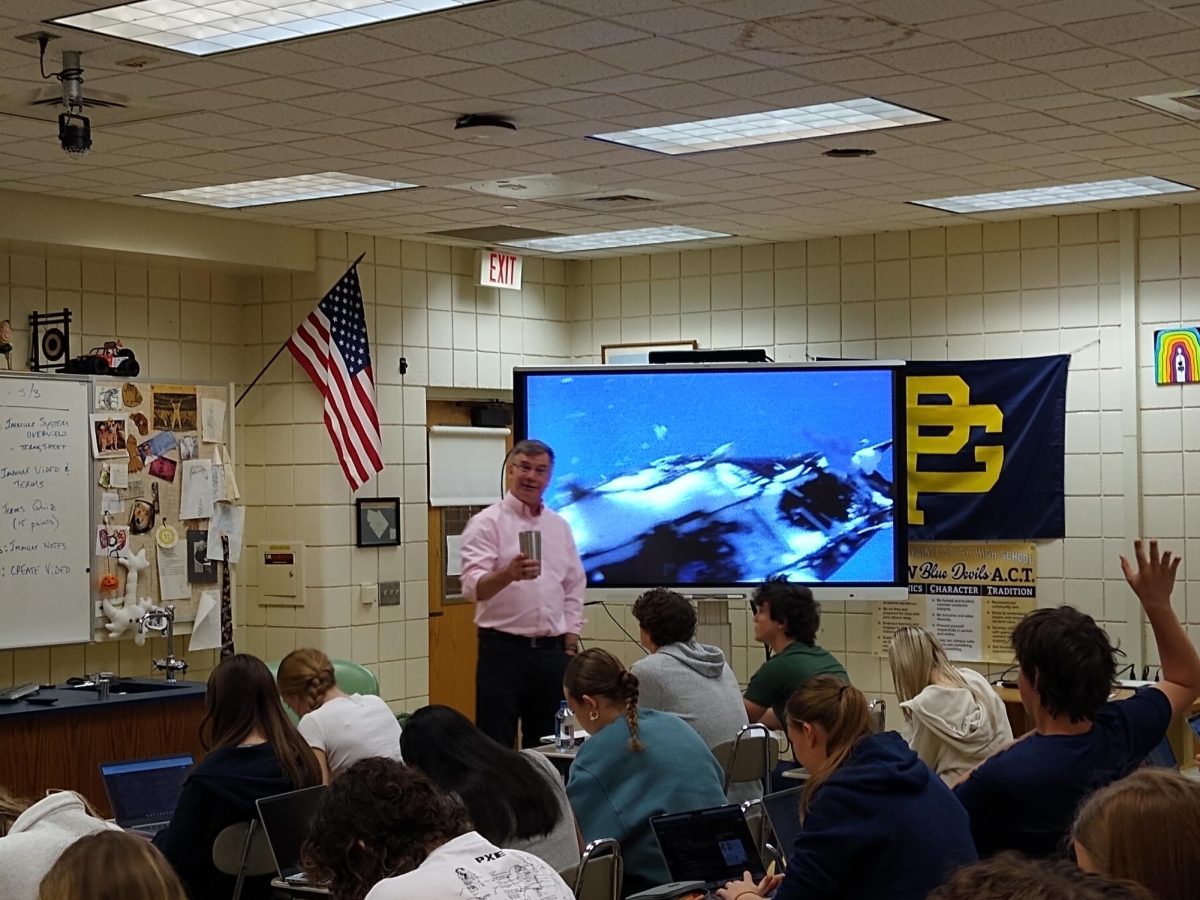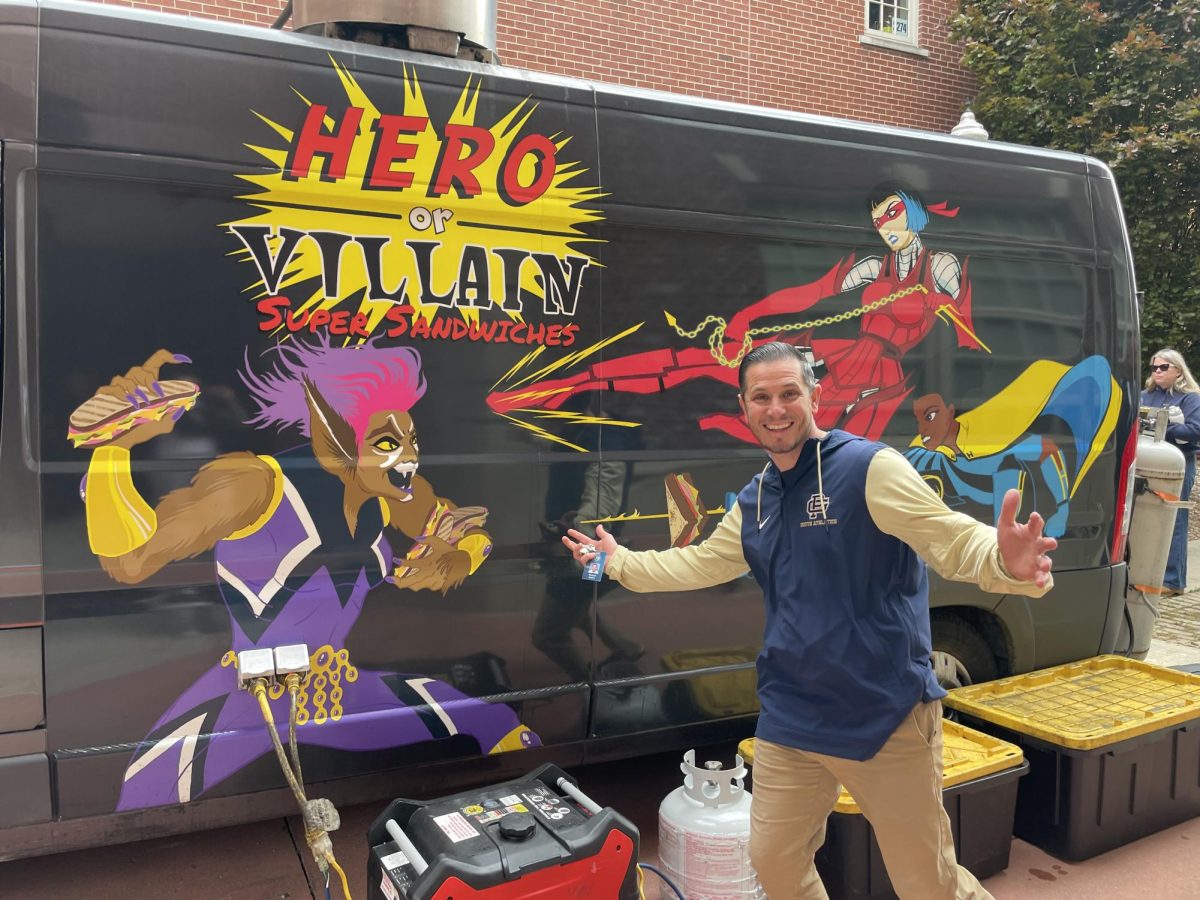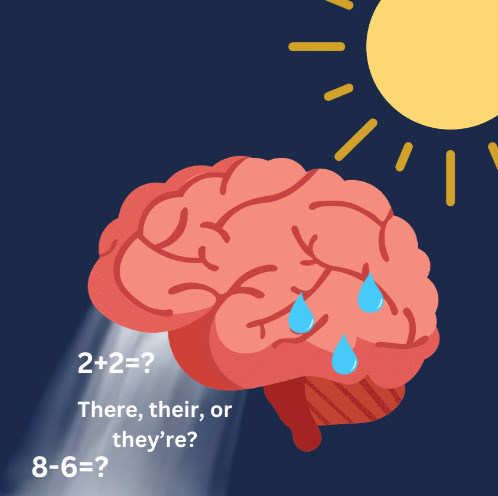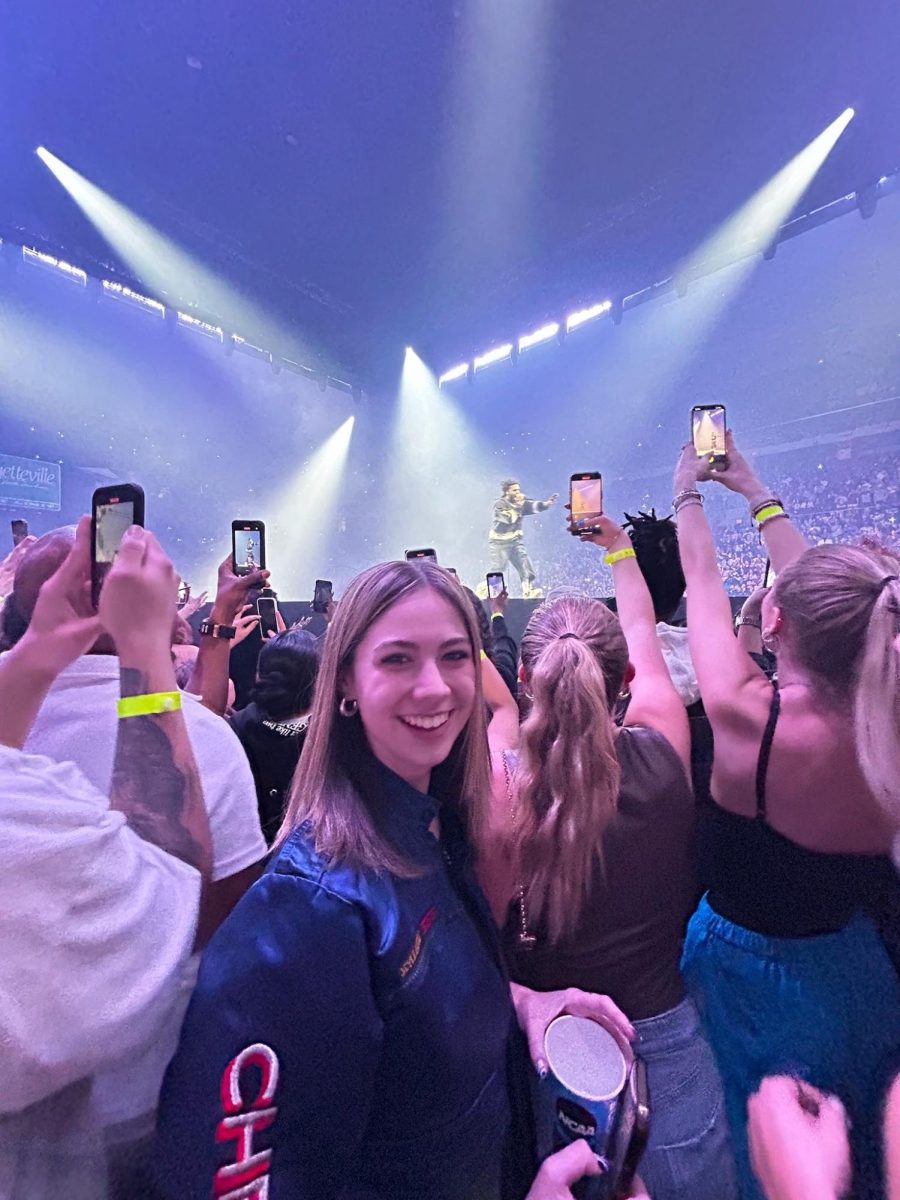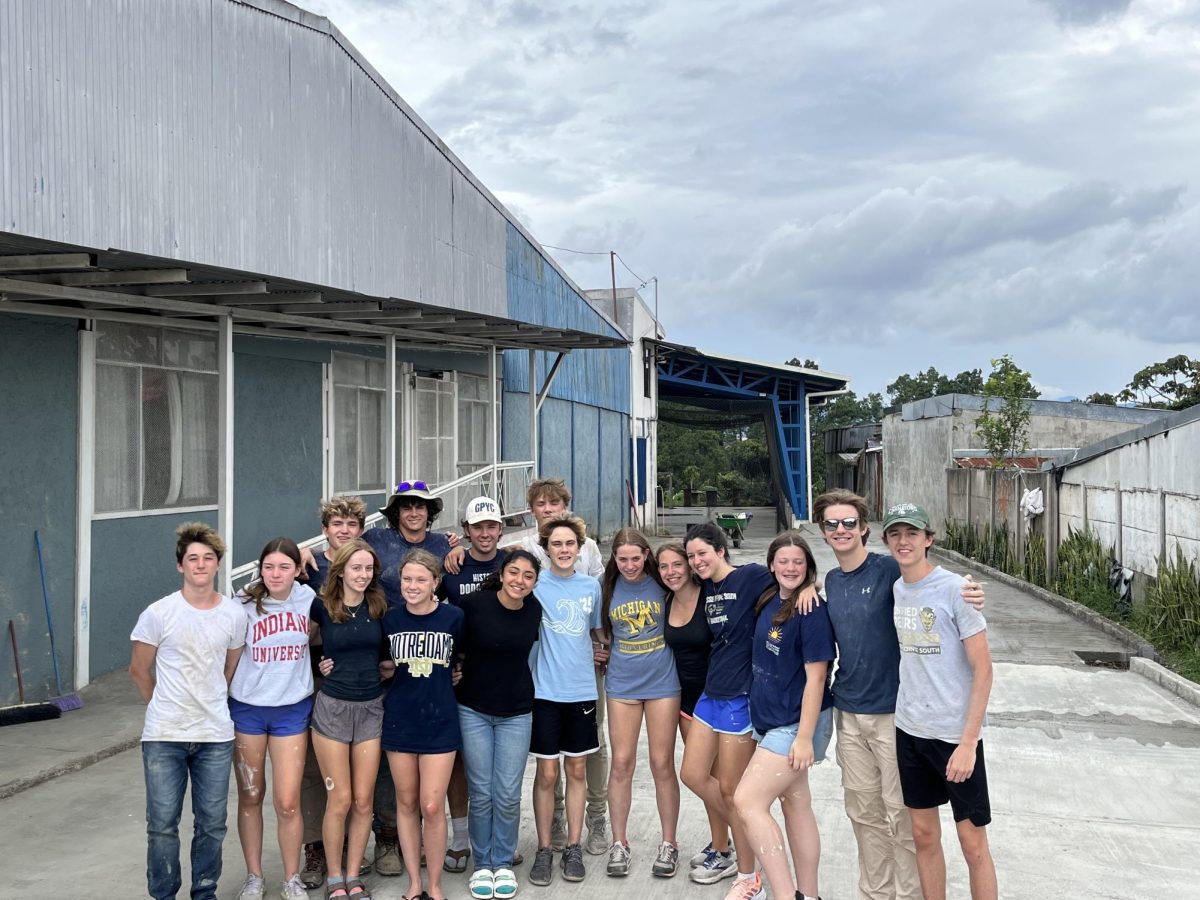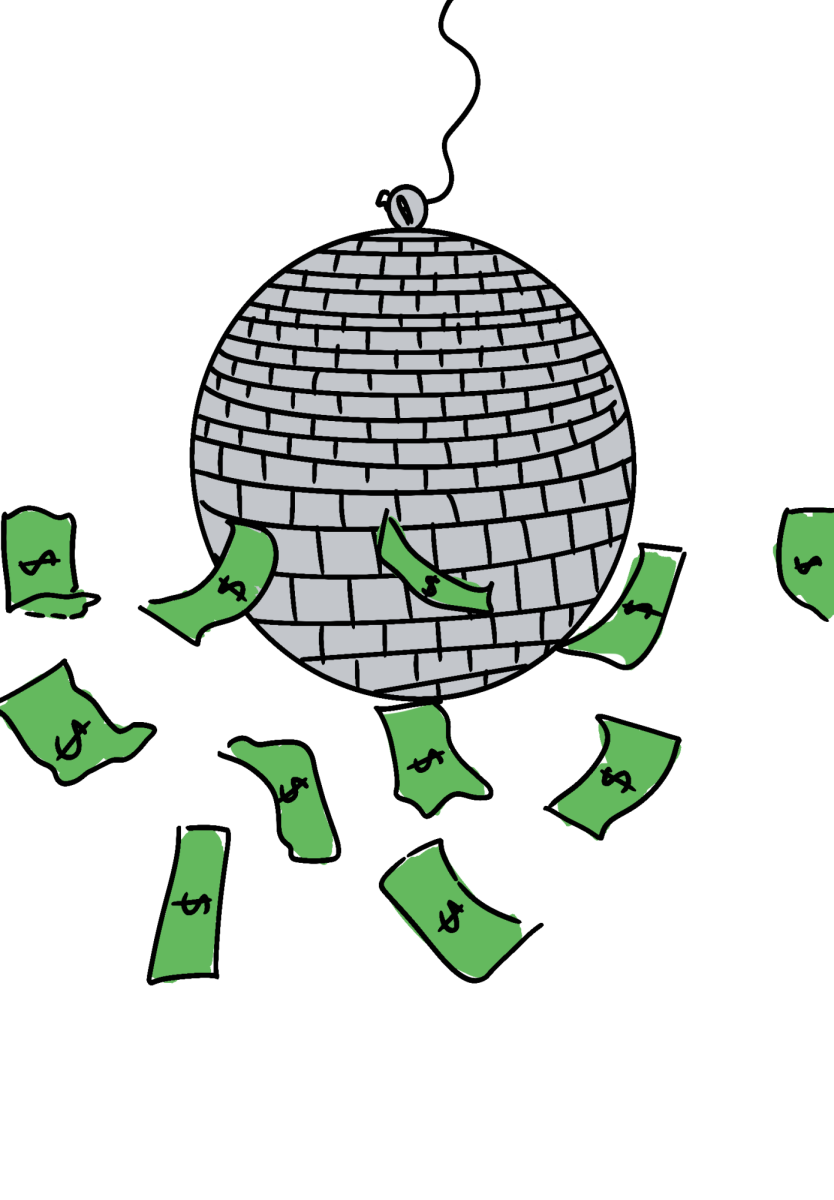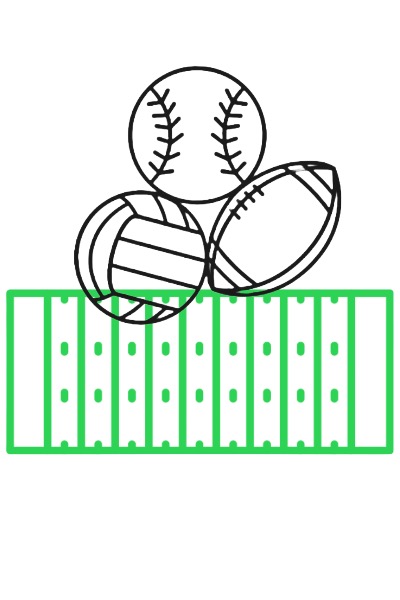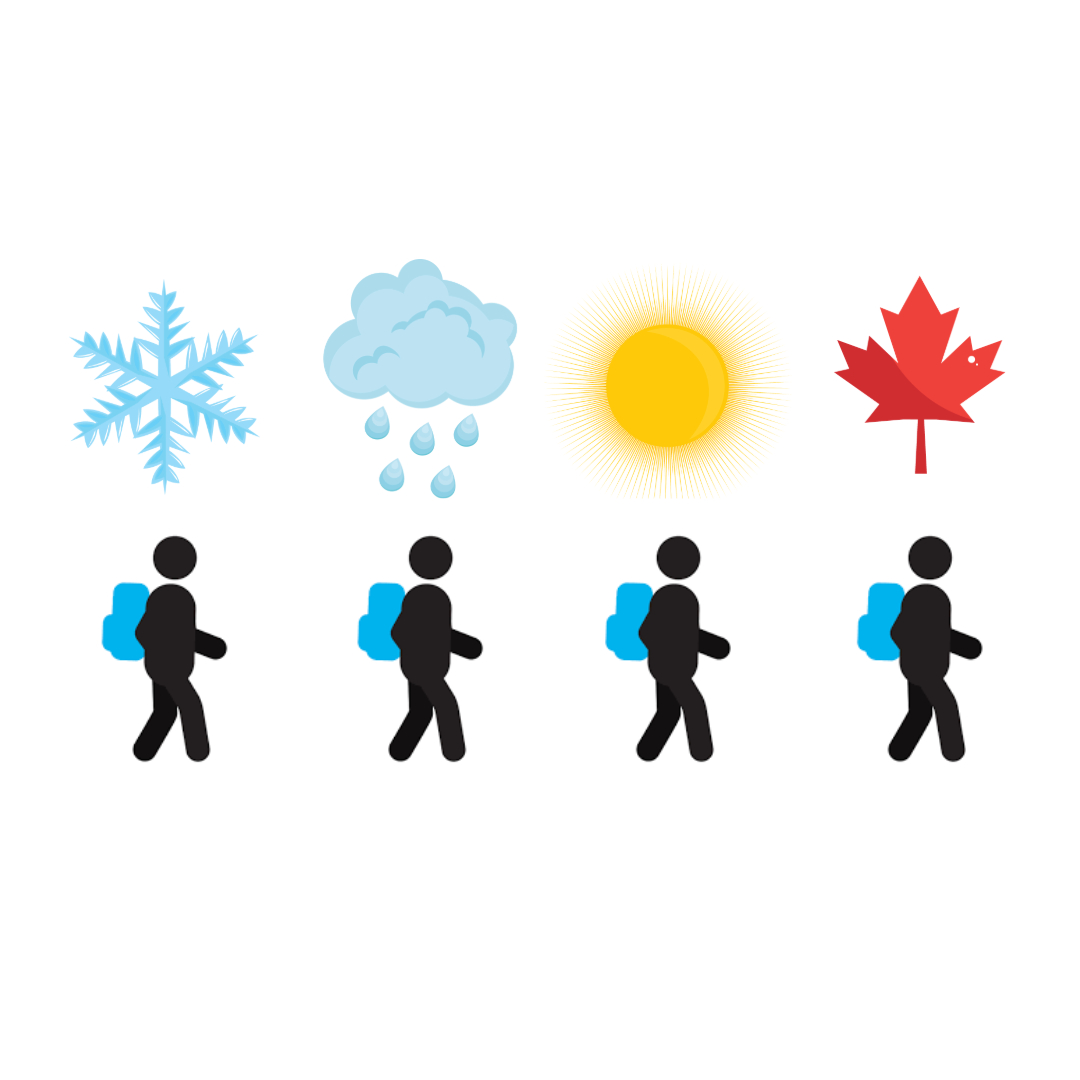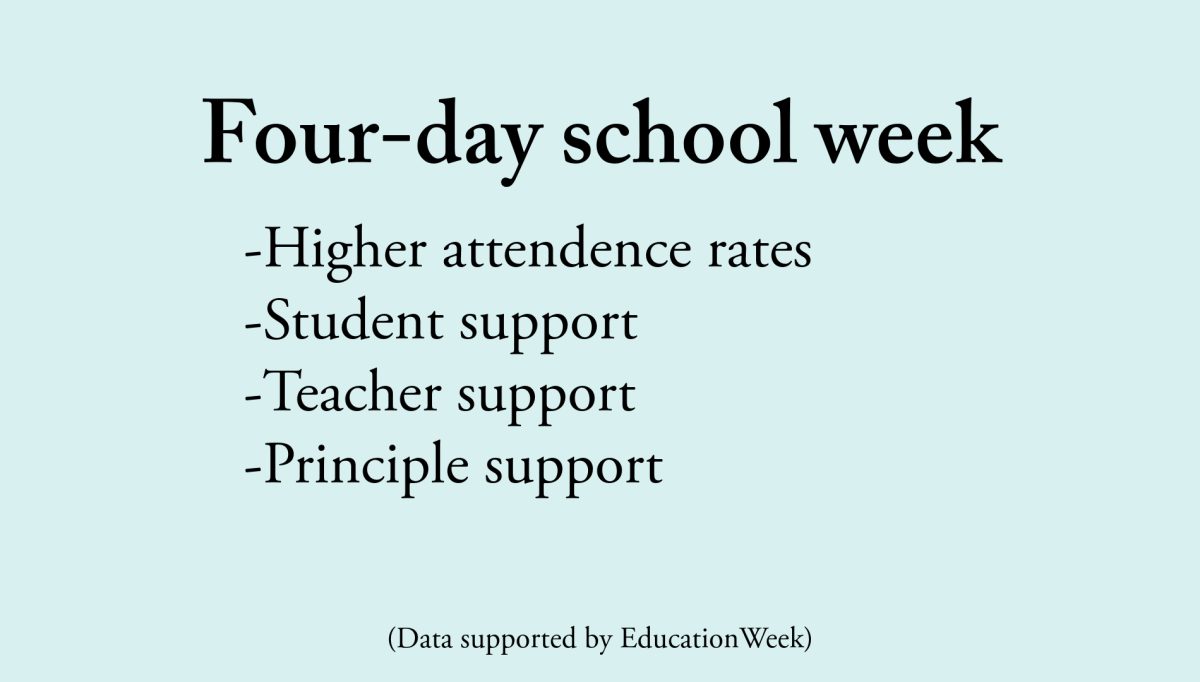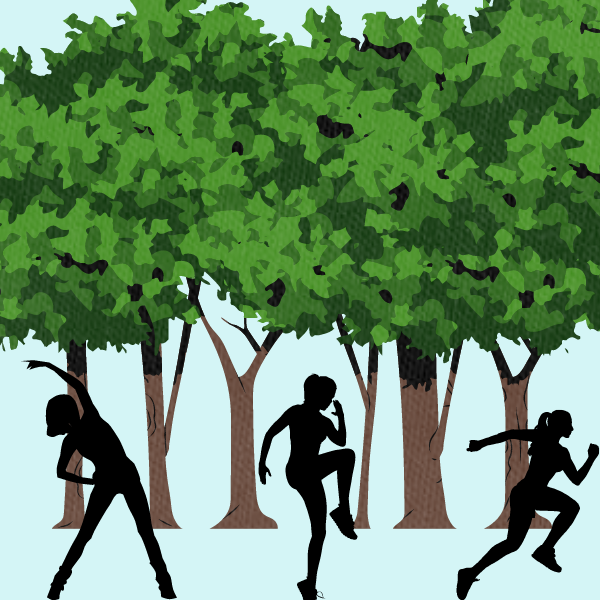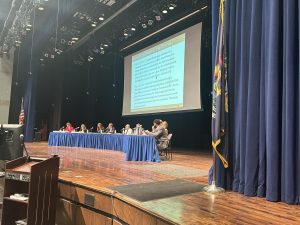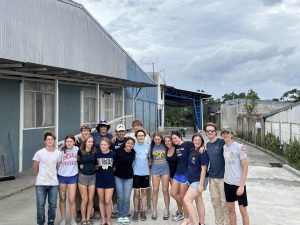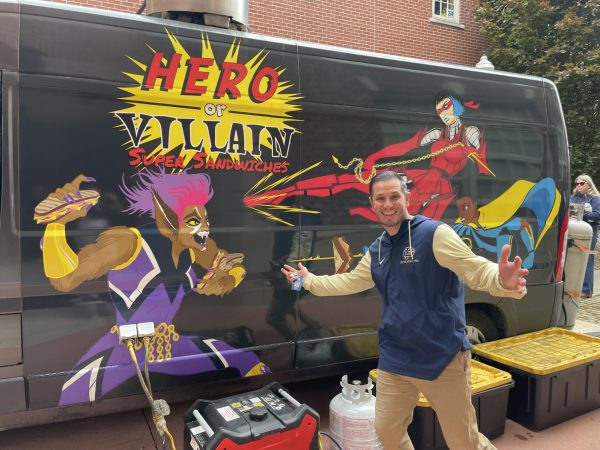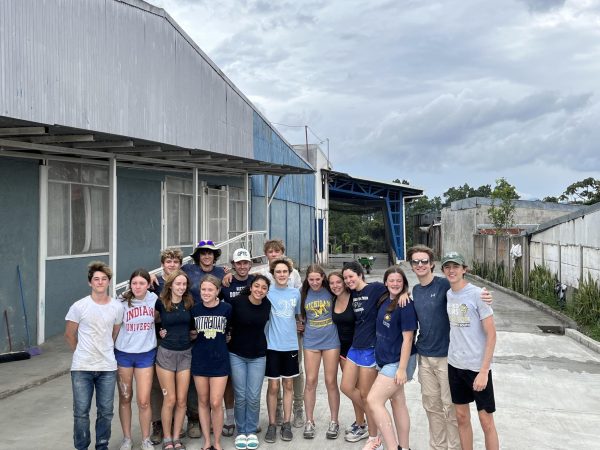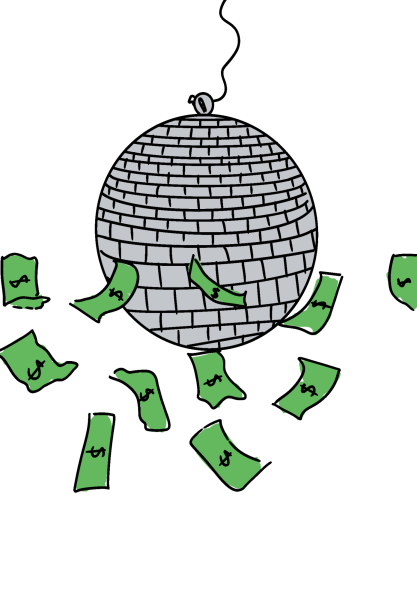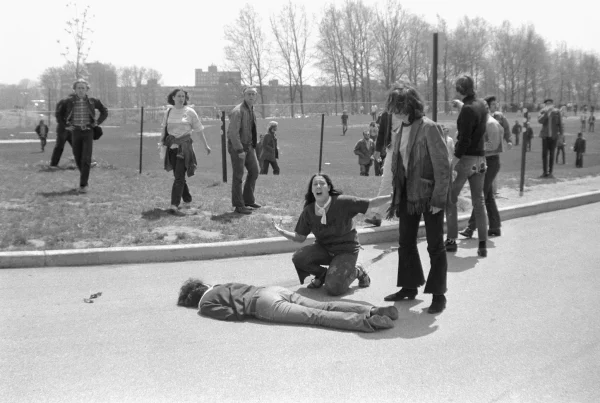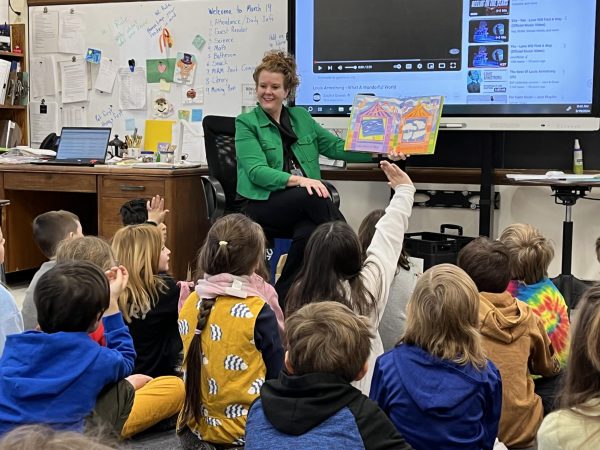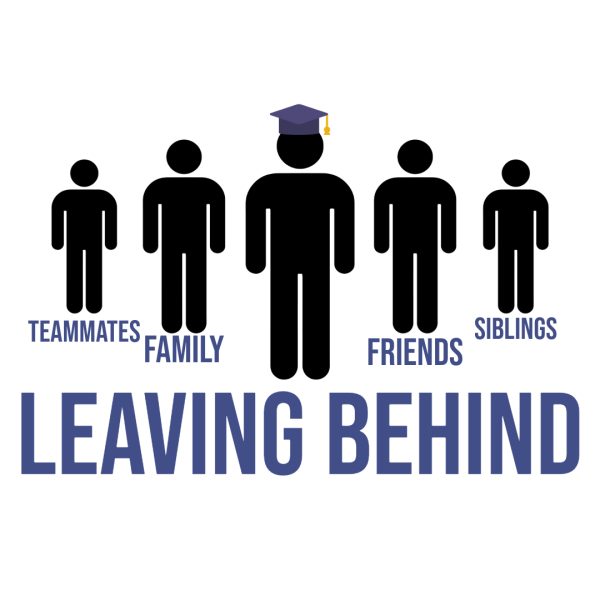Caffeine’s buzzkill
November 7, 2019
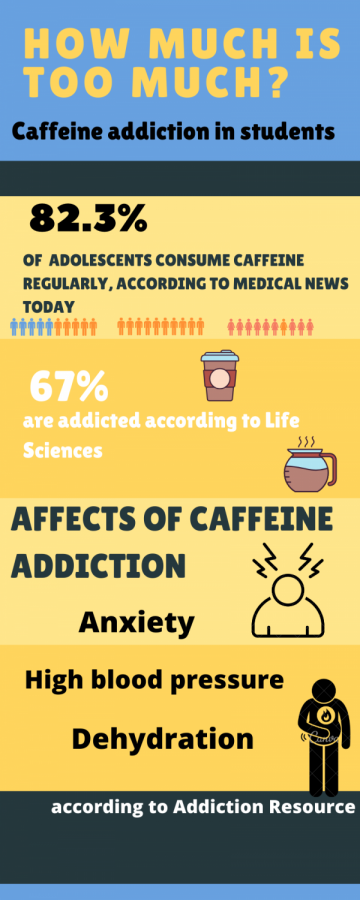
Your legs are shaking, your heart is racing, and anxiety levels up all because you need to get hours of homework assigned completed for the following day, it’s the weekly struggle for students that rely on caffeine.
The untold effects of caffeine addiction lie within students at South with beverages filled with caffeine that are easily accessible, convenient and reliable according to heath teacher Nicole Westfall.
“I drink coffee whenever I know there it’s going to be a stressful week,” Will O’Brien ’22 said. “It’s a way to ensure I’m not falling asleep.”
According to O’Brien, coffee and caffeine helps him focus, but doesn’t make him very anxious. For Ashlyn Johnson ’22, the opposite can be said.
“I drink coffee pretty much every day, but when I drink too much, it’s obvious to tell,” Johnson said. “I get jittery and super anxious.”
Caffeine can drastically increase anxiety levels and trigger panic attacks. In addition to these side effects, caffeine can also have several dangerous effects on students, according to Westfall.
“Many students don’t realize the effects caffeine and coffee can have on your heart,” Westfall said. “Increased heart rate and even heart palpitations are possible.”
Westfall said for kids who are unaware that they have a higher heart rate or even minor conditions, caffeine could be unsafe for them to consume. Even knowing these negative effects, many students still depend on coffee.
“I get my coffee from Hydrangea just about every day,” Johnson said. “I know if I stayed up late the night before I’ll need it to get me through my day.”
Johnson said most of her friends have coffee in the morning from Hydrangea or Starbucks.
“You definitely see an increase of students drinking coffee from when I was a kid to now, Westfall said. “Coffee shops like Starbucks and Hydrangea are so easily accessible, and even trendy for students.”
Westfall warned about the future effects of early exposure to caffeine, especially as students are drinking more coffee right now than they ever have before.
“Children in middle school and even elementary school are trying out the frappuccinos and lattes that have caffeine in it,” Westfall said. “Exposure at a young age is how caffeine addiction can develop.”





